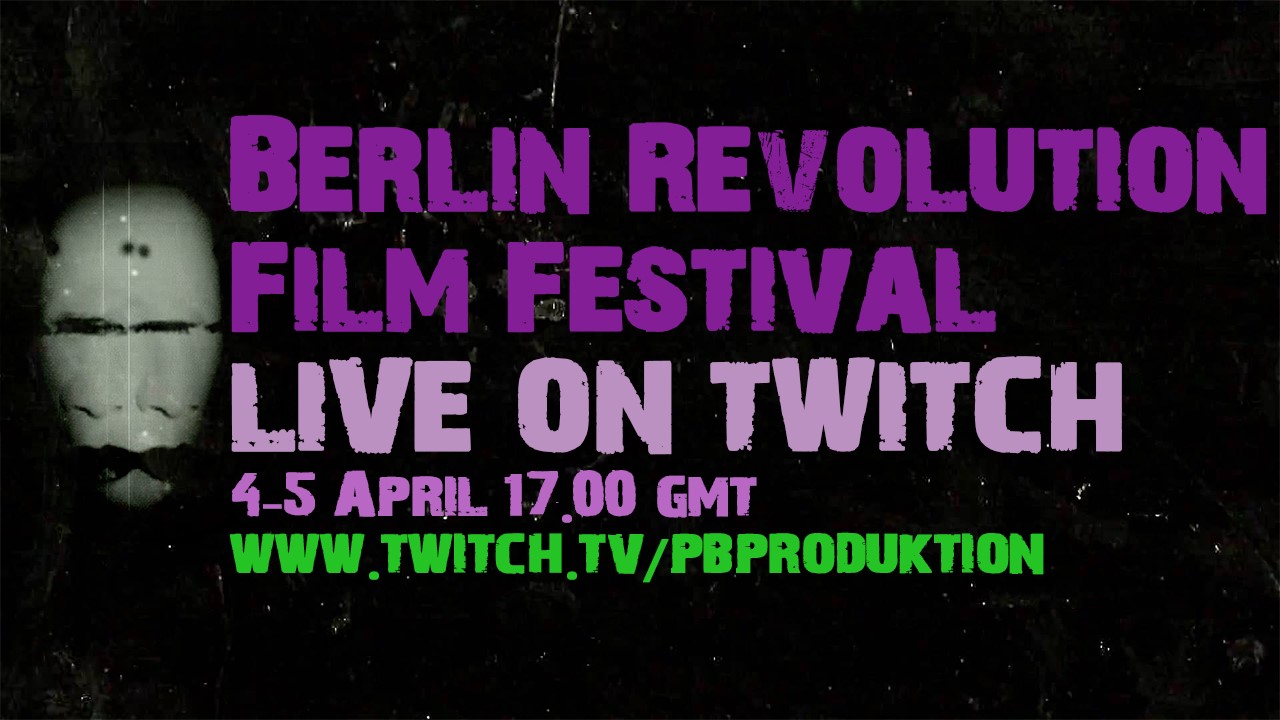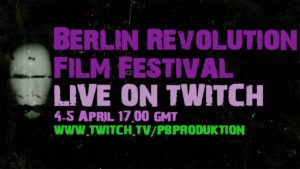
BRFF 2020 Short Film Review “Tamou”
WATCH THE TRAILER HERE
WATCH THE FILM HERE with all proceeds going to the filmmakers!
First, the Recap:
The search for acceptance. In the myriad of forms this might apply to our lives, there is no denying the innate desire we have within to be welcomed into the communities and associations around us that we find most appealing. Whatever efforts we make to do so can often aid in defining who we are, standing firm in it, and being able to cope with any of the stresses that might end up being a part of the choice we make. But, as we also know, human beings can be some of the most unwelcoming entities in this world. For Tamou, a Moroccan housewife, this is the precise reality she finds herself in while striving to be nothing else than who she is. However, in the eyes of many, it is being who she is that has created the air of unsettled tension that follows her everywhere.
Next, my Mind:
Another of the animation-based offerings at the 2020 Berlin Revolution Film Festival, this short film from writers/directors/animators Tom Pearson and Tzor Edery chooses a very subtle yet no less meaningful and awareness-raising approach to its LGBTQI themes, keeping it grounded in a 2oth century rooted narrative that follows a Moroccan housewife named Tamou (Jewish for “ended”) and her daily life that while committed to her husband, still makes decision that illustrate and unwavering decision to further explore her gender and sexuality, ultimately leaning towards the transgender side of things.
What makes this a daring film is that, from my overall experience in seeing mainly films from South Asian countries that have been more and more inclined to have the freedom to present this subject matter to the greater public in their regions with wider-growing affirmation, it’s still a source of agitation, disagreement, and flat out disapproval among many cultures still despite the overall range of the LGBTQI community’s reach, influence, and more accepted lifestyle relative to the past. Still, it’s no easy thing to be convincing with themes in film that explore this, at least to me, but this effort puts that HUMAN face to it through the animation that allows it to speak its message with heart, soul, and an impactful core.
Likewise, the film doesn’t shy away from its protagonist not just making a statement as to who she is, but also gives her a backbone to stand up to the constant sense of judgment, scrutiny, isolation, and aloneness she feels, sometimes lashing out at this weight of societal expectation. While in the confines of what appears to be a very controlling marriage, she also finds an enigmatic draw to a shadowy figure that seems to watch her just as consistently as her detractors. Yet, she doesn’t feel the pressure of unacceptance from this figure, but a connection to them. It’s subtle exploration yet holds a potency to is as it relates to how Tamou is trying to locate her place in the culture around her.
Some viewers might try to say that the animation here seems “crude” in its look and execution, more so as we live in a film day and age when CGI rules the roost (for better or worse, mind you), but let this not at all take away from the wonderfully simple and artistic creativity found in Pearson’s and Edery’s work here. Truthfully, it’s more welcome to see something beyond CGI, as I feel this really provides an example of animation in its rawer forms, like it WAS, and certainly should BE when it comes to indie filmmakers wanting to get their efforts out there like this. The color palette stays very straightforward as well here, but I feel that actually adds to the intended atmosphere being presented. As always, indie film strives for STORY and CHARACTER over just look, and that is well achieved without taking away from the visuals at all.
So, in total, “Tamou” for this critic becomes a statement of locking away the past and all pre-conceived anxieties, putting down fear, and just be adamant to be who you are. As it has been for many more ages than any of us have been alive, the opinions (derogatory or positive) towards the LGBTQI community will remain as they have been, and while as a personal preference this is never my favorite thematic direction to take in, it’s efforts like “Tamou” that continue to show me there’s the totally affecting side and well-placed foundations of delivering this material in a way that is undeniably, unequivocally, human.
As always, this is all for your consideration and comment. Until next time, thank you for reading!


